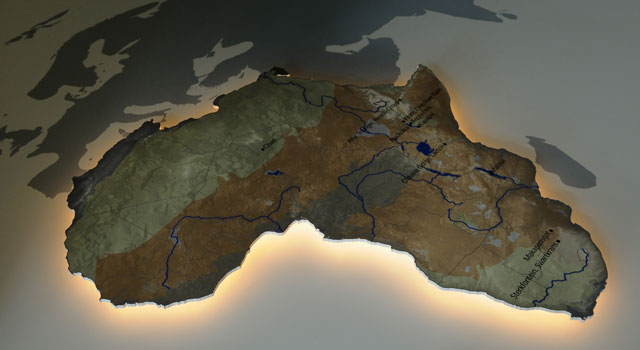 Total investment in the African tech start-up ecosystem fell by 27.8%, to US$2.4-billion, in 2023 as the impact of the global capital shortage began to make itself felt on the continent.
Total investment in the African tech start-up ecosystem fell by 27.8%, to US$2.4-billion, in 2023 as the impact of the global capital shortage began to make itself felt on the continent.
This is according to the ninth edition of the annual African Tech Startup’s Funding Report.
While the African tech space had an impressive 2022, bucking global trends to see total funding increase to beyond the $3-billion mark for the first time in the report’s history, 2023 signified a reset of sorts. A total of 406 start-ups raised a combined $2.4-billion over the course of the year.
Though still the third best year on record in terms of funded ventures, and the second best for total capital secured, this represented a significant decline compared to 2022.
The number of funded ventures was down 35.9% from 633 in 2022. The number of active investors fell by almost 50%, and merger-and-acquisition activity also witnessed a significant decline.
This is the first time the sector has declined since 2016, though a fall in funding of less than a third is an improvement on projections from earlier in 2023, when a decline of 50% was deemed likely.
Africa, like the rest of the world, has been affected by the global “funding winter”, with venture capital drying up and several leading start-ups forced to cease operations or significantly restructure their operations.
Nigeria, Egypt, South Africa and Kenya remain Africa’s “big four” from a funding perspective, securing a larger share of total funding between them than in 2022, the report said.
Nigeria, however, saw funding decline tremendously to just shy of $400-million. That pushed it into fourth position overall, behind Kenya, Egypt and South Africa, though it still had more funded start-ups that any other market.
Fintech
The fintech sector was, yet again, the most attractive to investors in 2022, with more start-ups securing funding than any other sector and a combined total that dwarfed all others. However, as with most other sectors, it saw a steep decline in investment, down 33.4% to $964-million.
“On the face of it, 2023 was a very bad year indeed for African tech from a funding perspective, with the difficulties in obtaining funding quantified by this report borne out by events on the ground,” said Disrupt Africa co-founder Gabriella Mulligan in a statement. Disrupt Africa is the company behind the report.
Read: Support of fintech start-ups is key to Africa’s success
“Companies of all stages were battling – and some failing – to stay afloat in this ‘funding winter’. Yet, it must be remembered that this is not a phenomenon unique to Africa.”
Disrupt Africa co-founder Tom Jackson predicted that “winter” will soon ‘turn to spring’, with investment expected to rise again in the next 12-18 months, though perhaps not to the levels of 2022.
 “African tech is still at an early stage of its journey, with plenty of room to grow, and one relatively bad year from a funding perspective does not change that. The key thing for now is for start-ups to adjust to this new normal, by plotting a path to more sustainable growth while also ensuring good governance is enshrined within their organisational structures. Funds are being raised, and capital is being disbursed, and for the best ventures – and the ecosystem as a whole – 2023 should prove to be little more than a blip on the growth curve,” he said. — © 2024 NewsCentral Media
“African tech is still at an early stage of its journey, with plenty of room to grow, and one relatively bad year from a funding perspective does not change that. The key thing for now is for start-ups to adjust to this new normal, by plotting a path to more sustainable growth while also ensuring good governance is enshrined within their organisational structures. Funds are being raised, and capital is being disbursed, and for the best ventures – and the ecosystem as a whole – 2023 should prove to be little more than a blip on the growth curve,” he said. — © 2024 NewsCentral Media




